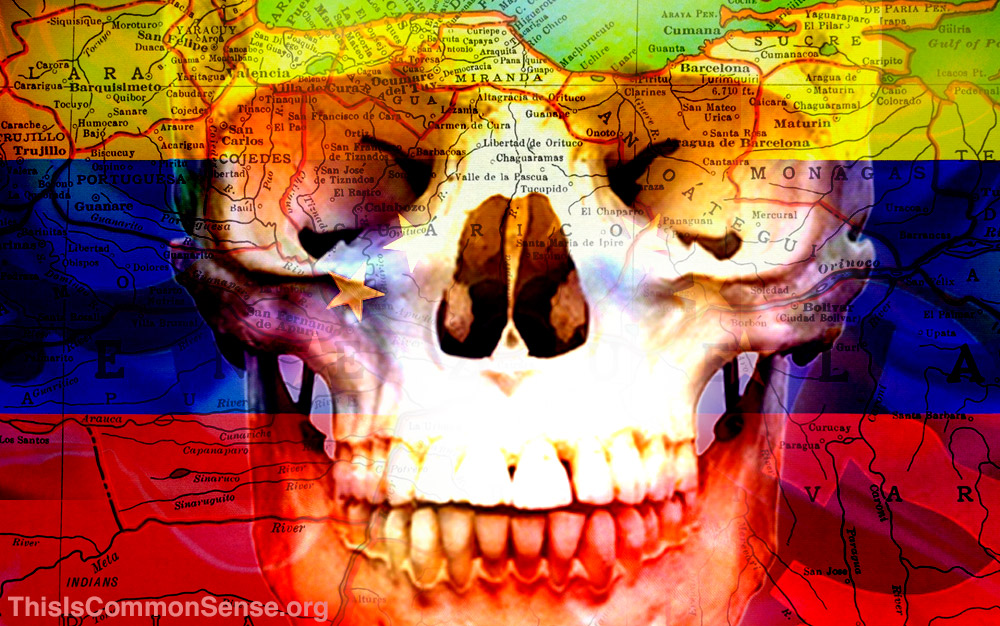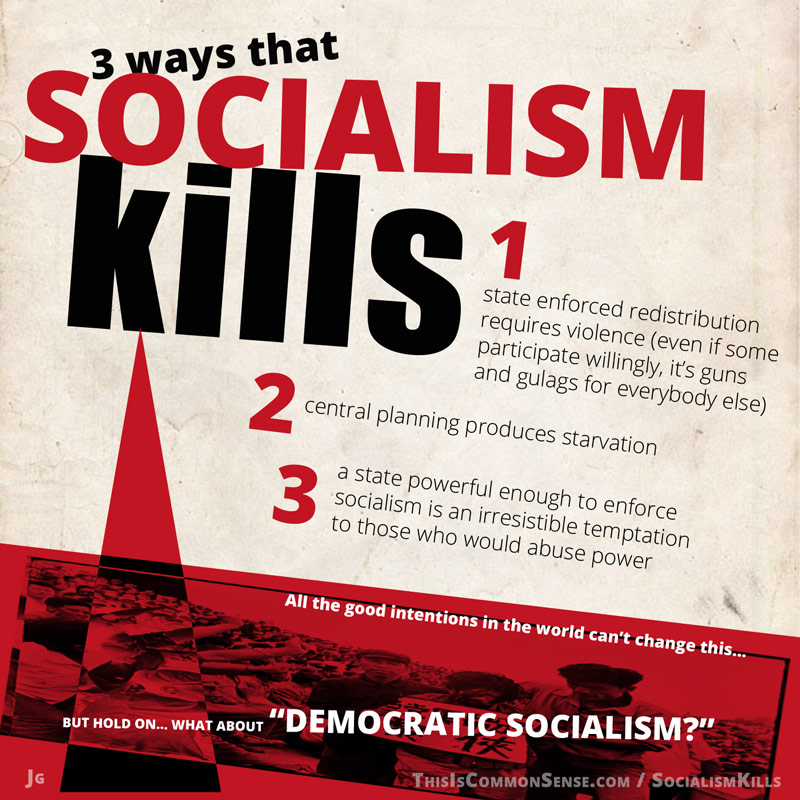Americans have never gotten into “socialism” like the rest of the world. This places pushers of socialistic ideas in a tricky situation. So they often defend socialism in less than honest ways.
William Neuman, formerly of the New York Times, is a current example of this. St. Martin’s has just published his Things Are Never So Bad That They Can’t Get Worse: Inside the Collapse of Venezuela, and boy, do we get a story.
Hugo Chávez called himself a socialist, repeatedly, but Neuman won’t accept it. Why? Venezuela was basically ruined by Chávez and his henchmen and successors. So the former New York Times reporter provides excuses.
Which is not to say I have read his book, or will. I am entirely trusting a review by Jim Epstein, at Reason, and agreeing per a plethora of other examples with Epstien’s critique of Neuman’s denialism.
While Neuman insists that Chávez was, in effect, a SINO (Socialist In Name Only), using the s‑word just as cover — “showcialismo” — Epstein takes us back to reality. “One classic definition of socialism is government control of the means of production. Chávez nationalized banks, oil companies, telecommunications, millions of acres of farmland, supermarkets, stores, the cement industry” and on and on. Now wonder, then, that “nationalization led to deterioration, abandonment, and collapse.”
Neuman cannot blame socialism, oh no. So he lamely argues it was just “bad management.”
But that is what socialism is, and must be. Even when managed by the very best experts, those experts must fail, in the end, because they lack the expertise that counts — the know-how that is spread out among all participants in society.
Markets leverage that knowledge best.
This is Common Sense. I’m Paul Jacob.
See all recent commentary
(simplified and organized)
See recent popular posts





